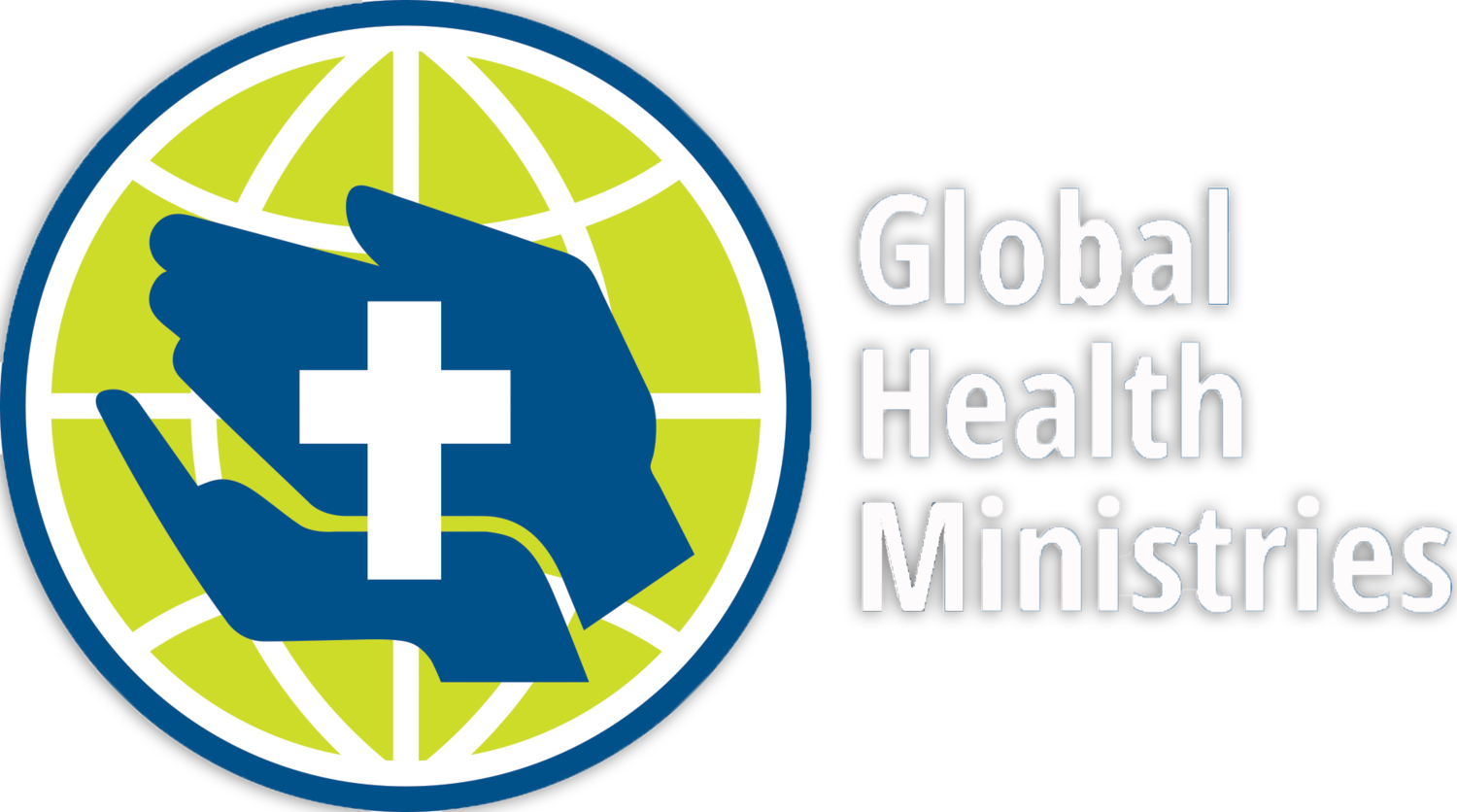Partner Perspectives
Third Symposium Session
Watch the full third session here.
Global Health Ministries’ 2021 online Symposium concluded Wednesday, October 20, with an opportunity to meet GHM partners in Liberia, Nigeria and Tanzania as we continued to explore this year’s theme: The Global Health Puzzle: How do we fit together now? Sessions one and two focused on the public health role of public and private partnerships in low- and middle-income countries. The conversation expanded in this last session to include the perspectives of partners who have been navigating the pandemic with very limited resources. How do partnerships, public and private, make a difference for them?
Recording of remarks by GHM partners in Liberia.
Speakers included Drs. Jefferson Sibley, Medical Director at Phebe Hospital, Bong County, Liberia, and Amani Stephani, Medical Director at Curran Lutheran Hospital, Lofa County, Liberia. Both are referral hospitals, critical for access to healthcare for hundreds of thousands of people in surrounding communities. Phebe, particularly, has a longstanding relationship with the government of Liberia, including through Liberia’s Ebola crisis, but despite this, they were not receiving support from the government to prepare for the next infectious disease outbreak. Phebe was not prepared when COVID arrived in Bong County - the hospital’s treatment center was not ready. Curran had no separate treatment center or isolation capacity. Both hospitals credit NGO partners, including GHM and the ELCA (Evangelical Lutheran Church in America), with providing the assistance they needed to build adequate treatment centers for staff and patient safety during the pandemic. Dr. Stephani noted several important partnerships making a difference at Curran. Although the government provides salary support for only a portion of Curran’s employees, they have made it possible for 90% of the hospital’s employees to receive COVID vaccines. The ELCA is providing important support for the pediatric ward, and CHAL (Christian Health Association of Liberia) provided free “seed” drugs to the hospital to jump-start a small revolving fund for pharmaceuticals. Innovative partnerships - public, private and with faith-based organizations like GHM - are making a difference at these hospitals.
Recording of remarks by GHM partners in Nigeria.
From Nigeria, we heard that the relationship between the Nigerian government and the LCCN (Lutheran Church of Christ in Nigeria) has often been “shaky” but the Church has taken the lead in Nigeria in following government COVID-19 guidelines, with the Archbishop a chief advocate for following protocols set up by the government and directed by the Church with assistance from health workers. Dr. Martin Bimba, CEO, LCCN Health Services, and Dr. Soja, Chairman, Board of Directors, LCCN Health Services, stressed the value of Village Health Workers “carrying the message further,” into the villages where people don’t believe COVID is real and think it’s “just a story.” The conversation with Nigerian partners included remarks by Nuwayina Briska, Community Health Coordinator, LCCN Health Services, who had just returned from meeting with about 58 Village Health Workers in Dingai. Their impact supporting the government’s efforts in remote areas by spreading information about COVID and the government’s protocols is significant.
Recording of remarks by GHM partners in Tanzania
In Tanzania, GHM’s consulting arm, GHAP (Global Health Administration Partners), is currently assisting Lake Tanganyika Diocese to develop a Community Health Educator (CHE) program that complements and integrates with the government’s existing healthcare services. They are working in close partnership with the Regional Health Office. Fred Kilongodzi, General Secretary, Lake Tanganyika Diocese and facilitator of the health program, commented on the importance of their role as implementer of the project, and noted that it’s important the government understand they’re supplementing, not competing, with government efforts. He was joined by Kennedy Kyaukke, Regional Health Officer, who also underscored the value of the CHEs in increasing local people’s understanding of not just COVID but also nutrition, maternal health issues, the importance of immunizations and more. .Both acknowledged the importance of collaboration. As Kennedy said, “without collaboration, we can’t reach some areas.”
In many remote places in these countries as well as others, GHM's partners are implementing health promotion and even healthcare itself on behalf of and in partnership with government. Those partnerships matter, but sometimes it takes more. NGOs, including faith-based organizations like GHM, can help fill in the gaps when government doesn't have the resources to fully support their efforts in health development.
